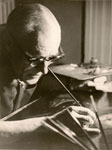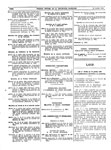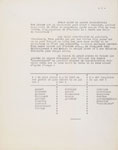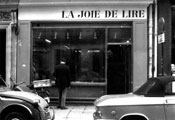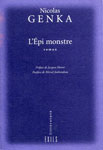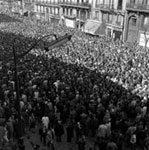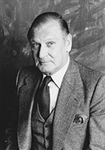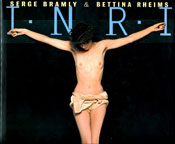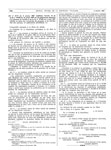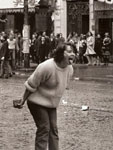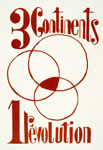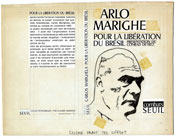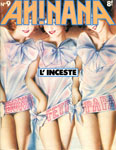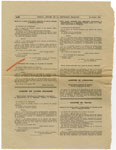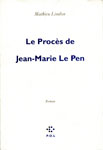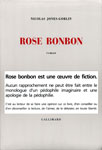
1881


1946


1946
Beginning of the French Indochina war (1946 – 1954)

1947

January 16, 1947
Beginning of the 4th Republic, Vincent Auriol president (1947 – 1954)

1949



31 May, 1949
In application of the 1946 law, and at the request of the Société des Gens de Lettres, the Cour de cassation authorises the publication of six poems in Baudelaire’s Les Fleurs du mal which had been withdrawn by order on August 20, 1857, only a few weeks after their publication by Poulet-Malassis.


1950


1954

1954
Beginning of the Algerian War (1954 – 1962)

16 January, 1954
René Coty president (1954-1959)



1955


1956

1956
The end of the French protectorate in Morocco and Tunisia.

1956 to 1960
French decolonization of Sub-Saharan Africa.



1958

1958
The Appeal Court in Paris upholds the judgement condemning Pauvert to pay heavy fines for the publication of Sade’s Œuvres complètes but defers payment. The books seized are not destroyed but deposited in the French National Library. The second judgement is annulled.


1958
A LAW IS VOTED The ruling of 23 December 1958 modifies Article 14 of the Law of July 16, 1949, and prescribes heavier sentences.

1959

8 January, 1959
Beginning of the 5th Republic, Charles de Gaulle president (1959-1969).

1962



1965


1967

1968

1969

20, June 1969
Georges Pompidou president (1969-1974)



1970


1971

1972

1972
Ban on sale to minors of Rapport contre la normalité produced by the Homosexual Front for Revolutionary Action, published by Éditions Champ Libre

1er juillet 1972
A LAW IS VOTED Law condemning racism completes the law of 29 July, 1881 with a section on the freedom of the press.

1973


1974

1974
Présidence de Valéry Giscard d’Estaing (1974-1981).

1975

1975
A LAW IS VOTED The ‘Veil’ law legalized abortion under certain conditions. The law was finally passed in 1979.

1976

1981

21 May, 1981
François Mitterrand president (1981-1995)

1987



1989


1990


1995

17 May,1995
Jacques Chirac president (1995-2007)

1996


1998



2000


2001

21 May 2001
A LAW IS VOTED Law n°2001-434 recognizes the slave trade as a crime against humanity.

2002

2006


2007

16 may 2007
Election of Nicolas Sarkozy






